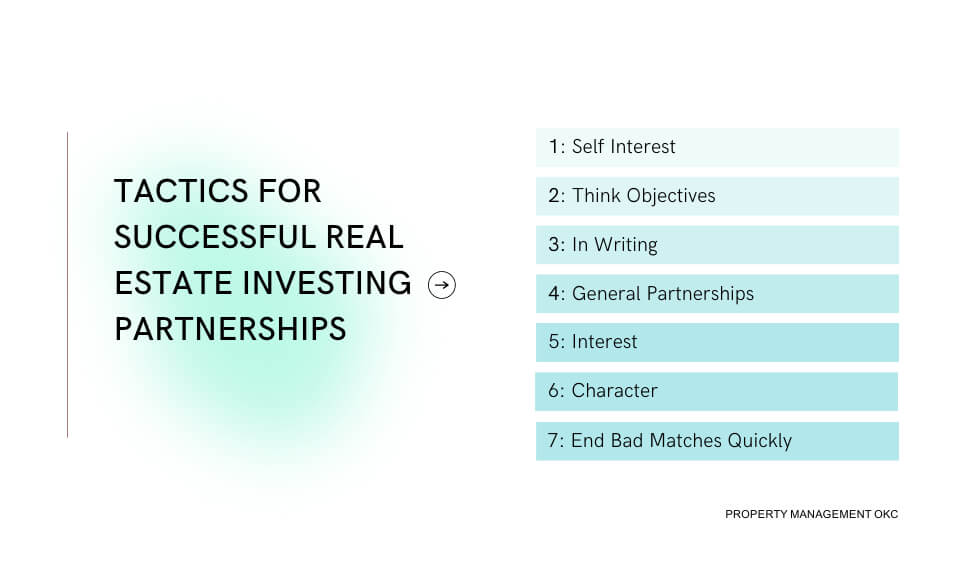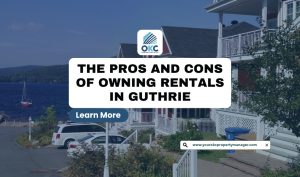At times, a good real estate investing partnership is indispensable. Take, for example, a money partner I joined forces with when I was just getting started as a real estate investor in the late 1990s. In this article, I’m going to share my personal experience in two of the partnerships I’ve entered. And, some general principles to apply when you are considering whether or not to enter into a real estate partnership agreement.
Back to my story about my potential money partner. He was a mutual friend of someone I worked with. My mutual friend had known this person for a long time and had a sterling reputation. My prospective partner at the time was long on cash and short on time because of his career. I was the opposite; I didn’t have much in the way of investment funds, and I made it a priority to spend a good deal of my time away from work focusing on investing in real estate. I already had a track record with the ten or so rentals that I owned at the time.
Also Read: Best Real Estate Investing Strategies for Beginners
A Successful Real Estate Investment Partnership was Born
The deal we struck was that I would find the deals, fix the properties, and manage the rentals. The money partner was to be essentially hands-off. His contribution would be finance and advice. So, he would put up all the money, and arrange to finance with the banks. We were 50-50 partners. Over the years, we bought many properties together. The goal was to hold them long-term as rentals and pay down the debt until the properties were free and clear. A few we sold on owner financing. A few we sold in order to pay down the debt of the real estate partnership.
As the years rolled by, I created my own company, property management OKC, and thereby the cash flow of the properties increased as the quality of the properties and the property management improved.
Eventually, I ended up buying out my partner’s ownership interest. The real estate partnership operated successfully because we each brought to the table something the other didn’t have. That dynamic eventually changed when I gained experience, equity, and clout with the banks. And, we both operated in an above-board manner, never trying to get one up on the other. It ended successfully as we were able to come to an agreement on terms that were fair to all concerned. We both were better for the experience. And, it was a profitable experience for both of us. We both handsomely profited.
Also Read: Why should you become an OKC real estate investor?
A Not-So-Successful Investment Real Estate Partnership is Born
I entered into another real estate partnership agreement to purchase an apartment property that was very run down with a contractor. The deal was that I would put up all the money to purchase the property and remodel it. It didn’t take long after the purchase to see that the contractor wasn’t planning on holding up his end of the bargain. This real estate partnership was a good match in theory. I had the management experience and the cash to make the purchase and manage the property. He had experience fixing up the units. The goal was to fix up the property, lease out the units, and keep the property for cash flow or sell it later.
But not all real estate partnerships don’t work out. We agreed to end the real estate partnership quickly and worked out something we both could live with.
This real estate partnership did not operate successfully. But it did end successfully because we both got what we wanted. I got the apartment property (100% ownership), and he got out from under the responsibility of remodeling the property.
I can’t speak for the contractor, but I was able to find another way to get the property fixed up and leased out. I didn’t need that partner as much as I initially thought I did. I later sold the property for a very nice profit because the market changed for the neighborhood in which it was located.
Partners have some ownership stake in your business. You must be extremely careful when selecting partners. If you wind up in bed with the wrong partner, it could end up being a very bad experience.
Also Read: Beginners Guide to Oklahoma Real Estate Investing
Tactics For Successful Investing in Real Estate Partnerships

- Self Interest. Only enter real estate partnerships from your own self interest. Never enter a real estate partnership investing unless you need the use of your partner’s resources, including time, money, experience, contacts, etc. Don’t partner with “weaklings” (i.e., people with little or nothing to contribute). Only compensate your partner to the extent they contribute.
- Think Objectives. What is the objective of the real estate partnership? It should be very easy to explain. If it’s not, figure it out. You should be able to describe what it would like to operate in this successful real estate partnership. And, what it would like to end the real estate partnership agreement.
- In Writing. All partnerships must be in writing. The obligations of each party must be spelled out in detail.
- General Partnerships. Don’t ever enter into general partnerships. That makes both partners 100% liable for the actions of the other party. Limited liability companies are a much better legal structure for real estate partnerships, in most states, because they will greatly limit the exposure of each partner.
- Interest. Interest is always cheaper than giving up half the deal. If you don’t need a money partner, don’t use one.
- Character. Don’t ever form a real estate partnership with someone you suspect has a weak or dishonest character. How this person has worked with others in the past is a very strong indicator of eventually how he or she will work with you. Trust your instinct.
- End Bad Matches Quickly. If it’s not working out, don’t put off the inevitable. Sit down with your partner and talk about ending it. Figure out a game plan for one of you to buy out the other. One solution to coming to a fair price is that one partner makes an offer to the other. The other party has the option of either accepting the offer or buying the partner’s ownership under the same terms and price.
Recommended: The Best Oklahoma Cities to Invest in Rental Properties
FAQs on Real Estate Partnership
What is the best entity structure for a real estate investment partnership?
This article does not present legal advice. For that, seek out an attorney. In my experience, the best entity structures in Oklahoma for real estate investment partnerships are limited liability companies (LLCs). An LLC has an operating agreement that binds the partners. The LLC is registered with the state of Oklahoma.
Is it a good idea to base the investment of a real estate partnership on a division of work if both parties are contributing the same time and money?
This can work. It can create tension between the parties if one party doesn’t seem to be carrying its load. This is a good reason to think twice about becoming business partners with a close friend. The friendship may or may not survive the partnership.
What are some key questions to ask a potential real estate partner, or just pose to yourself and reflect on them?
Here are some key questions to ask:
1. How good is their credit if they are offering to be part of the finance picture? They must be able to qualify for financing.
2. Do they have a criminal background? Some states like Oklahoma have a free database where you can check out Oklahoma criminal records related to individuals (www.oscn.net).
3. Do you really need this partner? Remember, you will be giving up half the deal when you take on a partner. Is there participation really necessary, or could you do this all yourself and not have to split everything?

Author
Scott Nachatilo is an investor, property manager and owner of OKC Home Realty Services – one of the best property management companies in Oklahoma City. His mission is to help landlords and real estate investors to manage their property in Oklahoma.
 (
(









